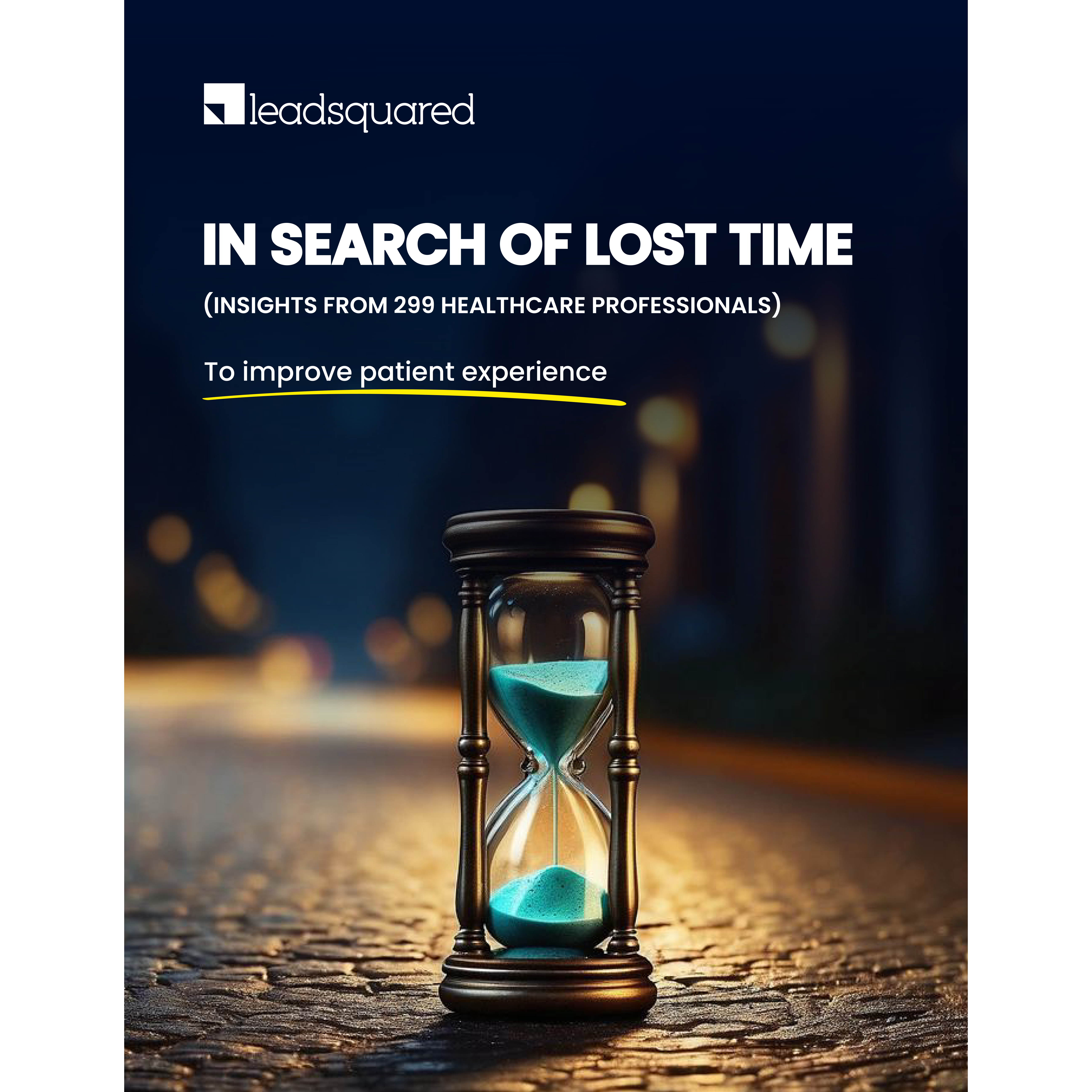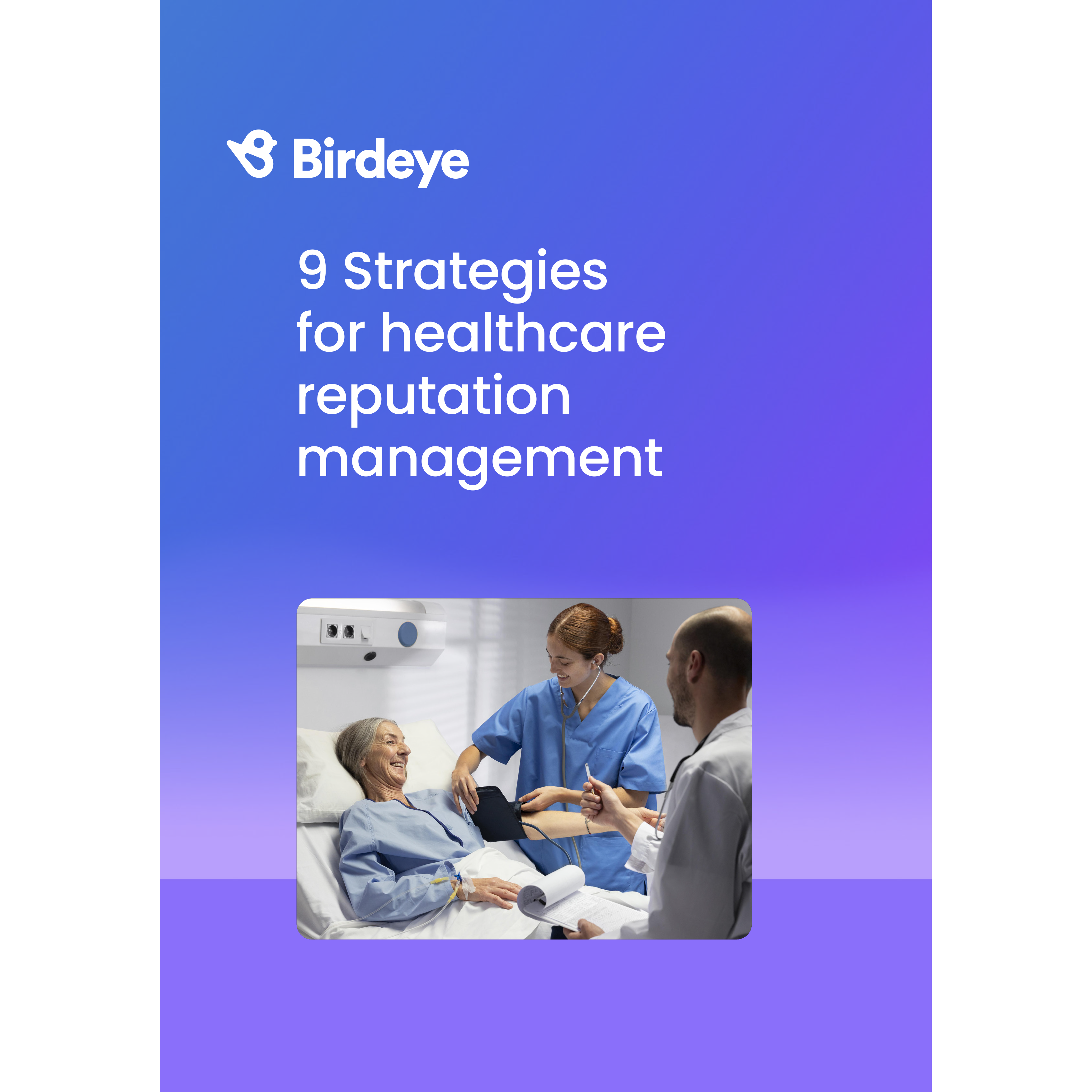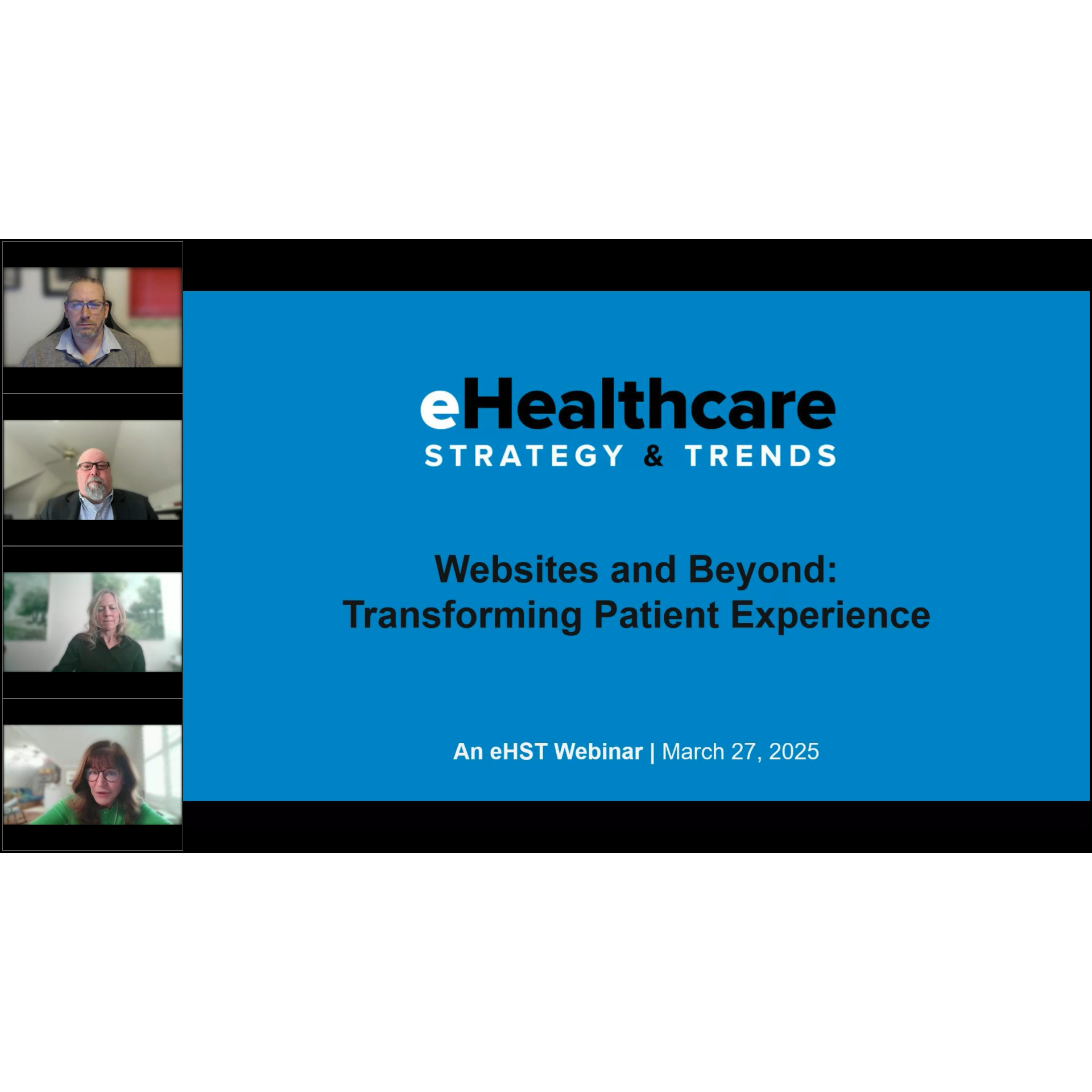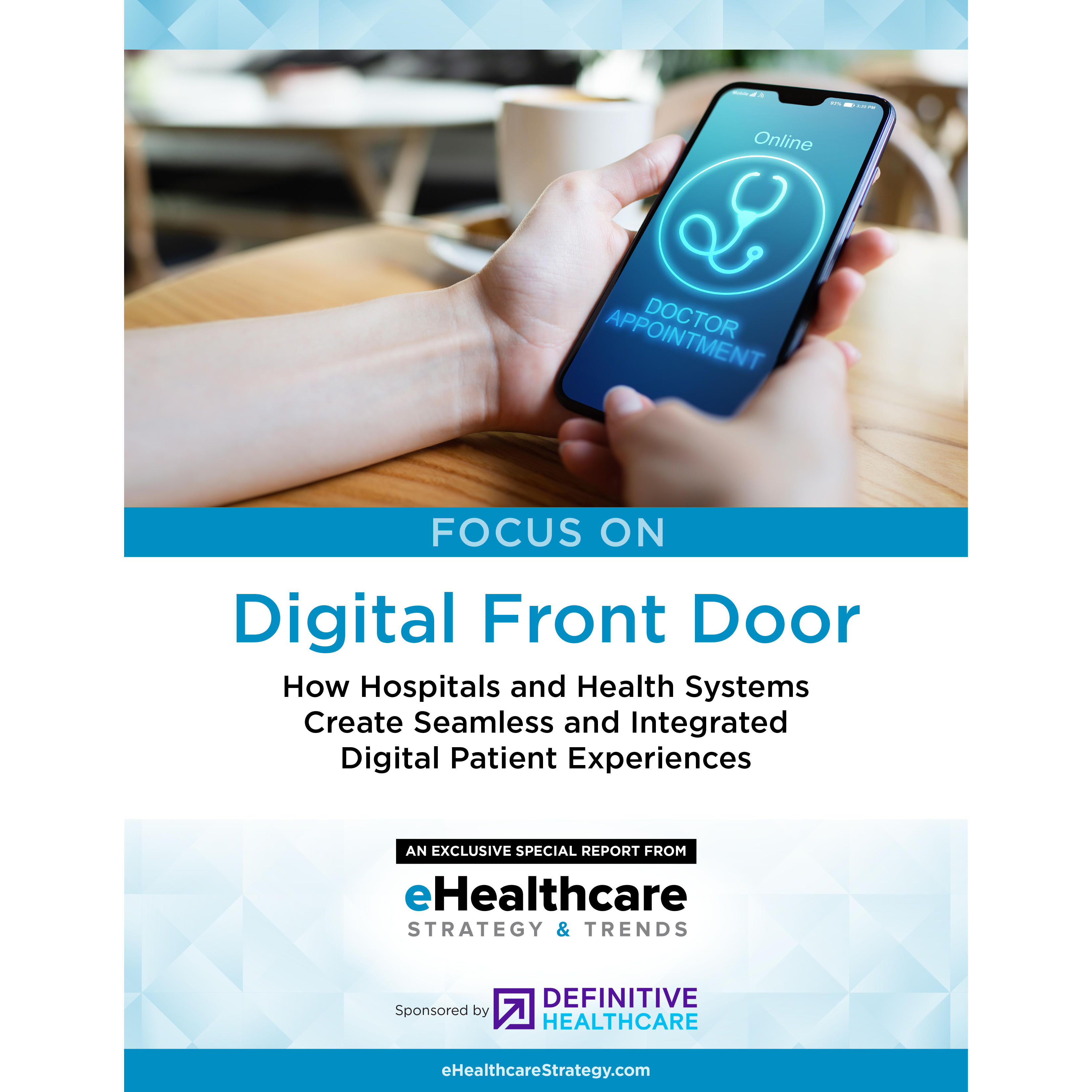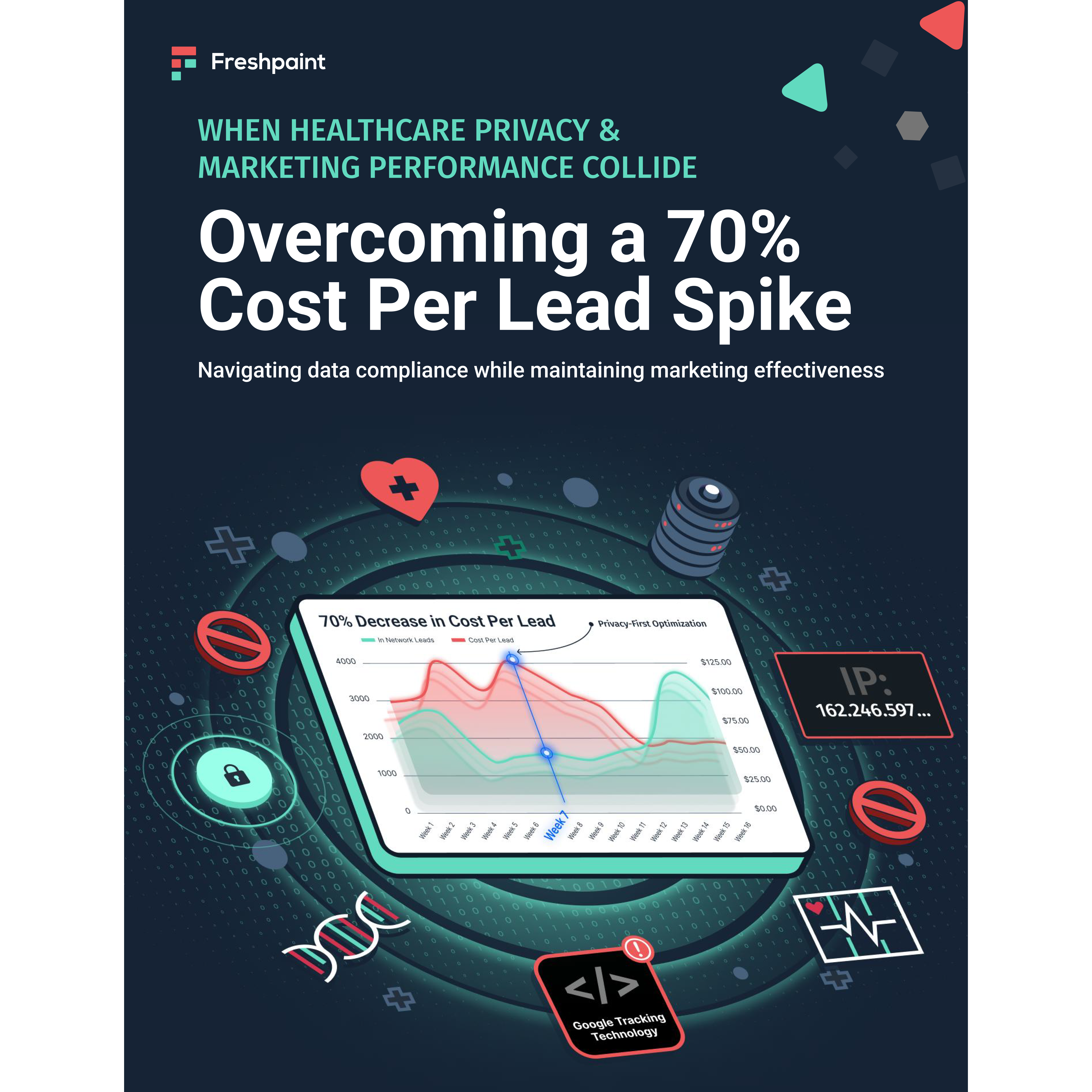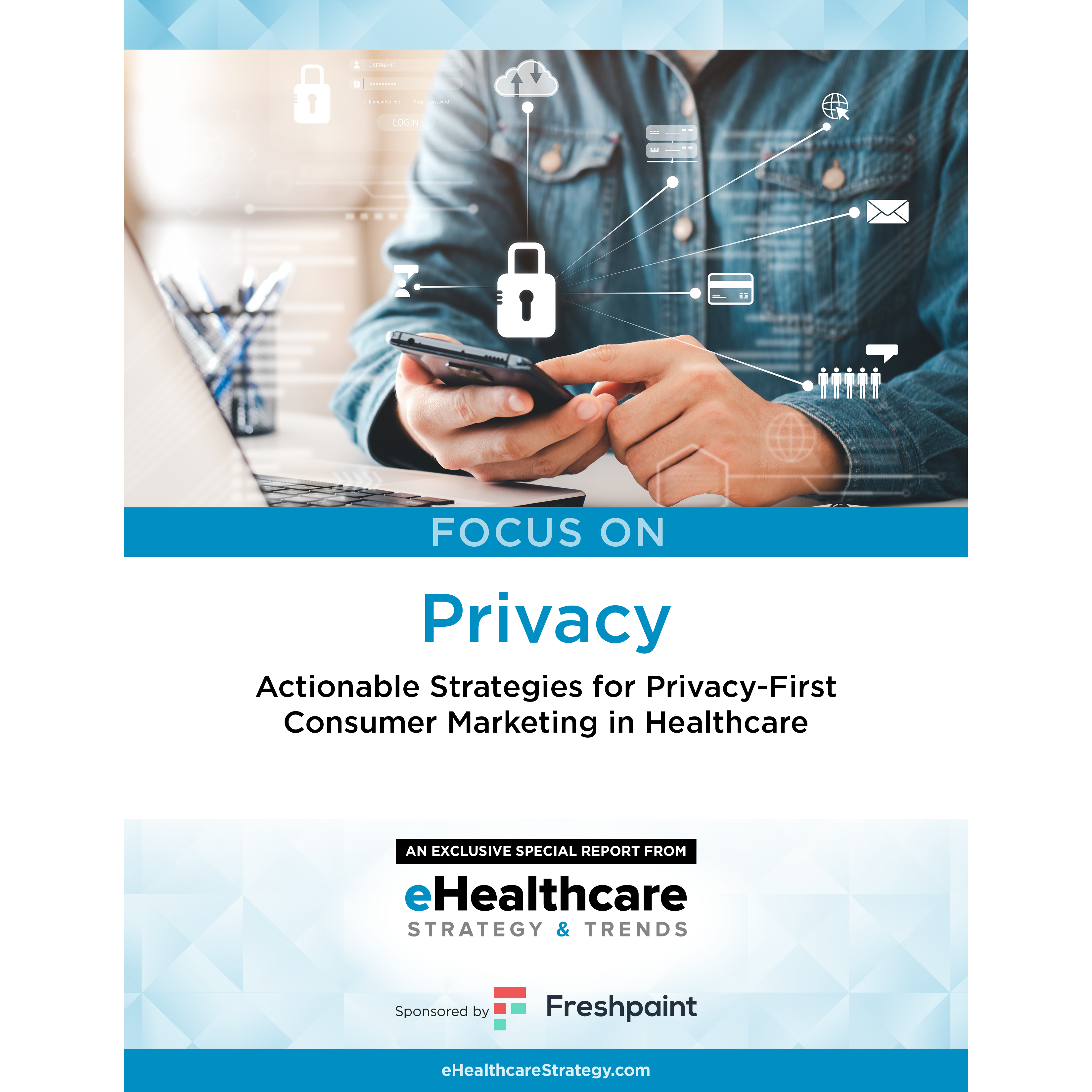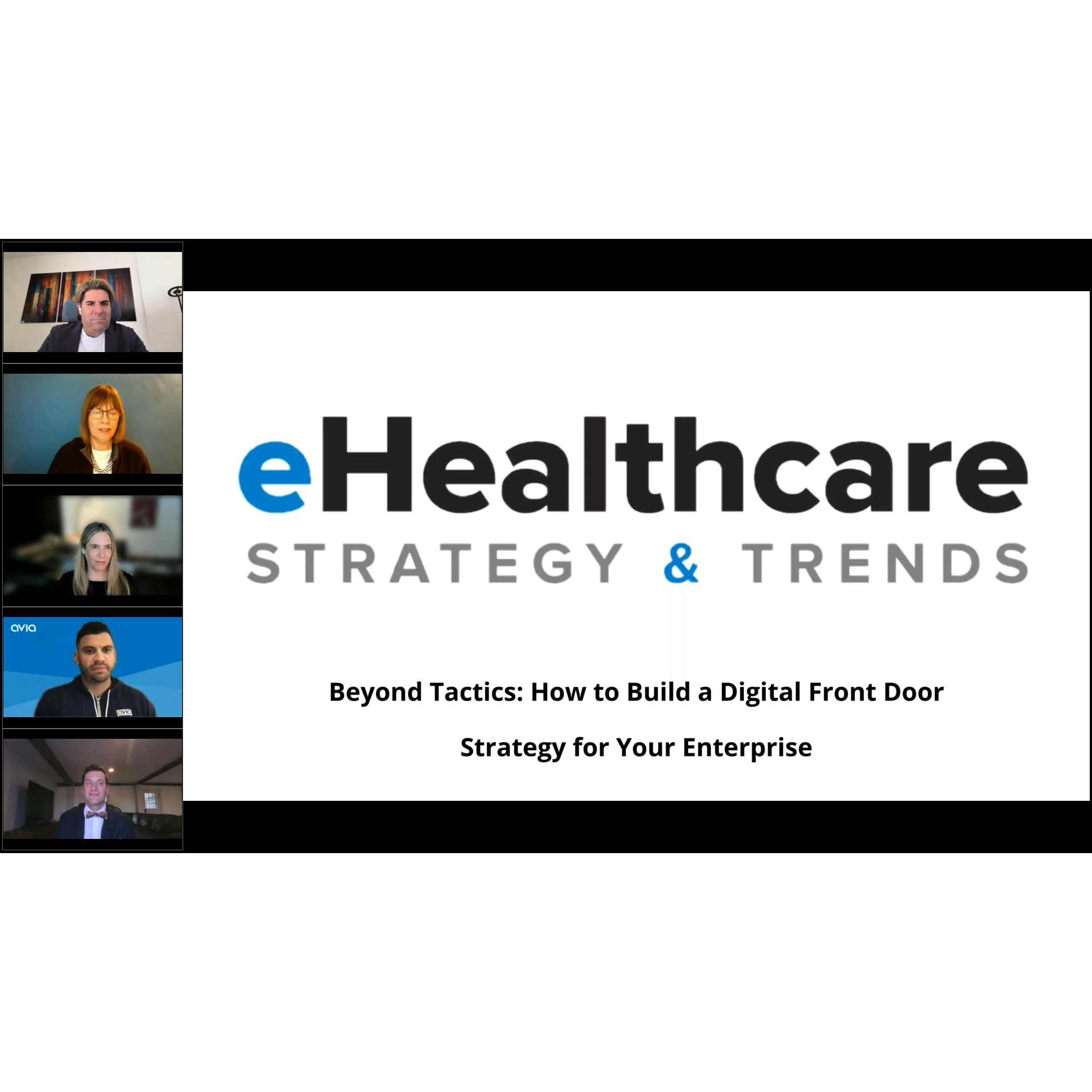Turn Data into Demand: Proven Strategies to Drive Net New Patient Growth
Wednesday | July 23, 2025 | 2 p.m. Eastern
Your Presenters:
- Matt King, Senior Consultant, Population Intelligence, Definitive Healthcare
- Reed Smith, Senior Vice President and Chief Consumer Officer, Ardent Health
- Matt Gove, Chief Growth Officer, QuickMD
Moderated by:
- Jane Weber Brubaker, Executive Editor, Plain-English Media
You’ll Learn:
- How to grow net new patients while strengthening retention
- Tactics for identifying high-value audiences and prioritizing outreach
- How segmentation enables more efficient use of marketing spend and higher conversion rates
- Strategies for aligning clinical data with marketing insights to personalize the patient journey
- How to use data and market intelligence to uncover growth opportunities





